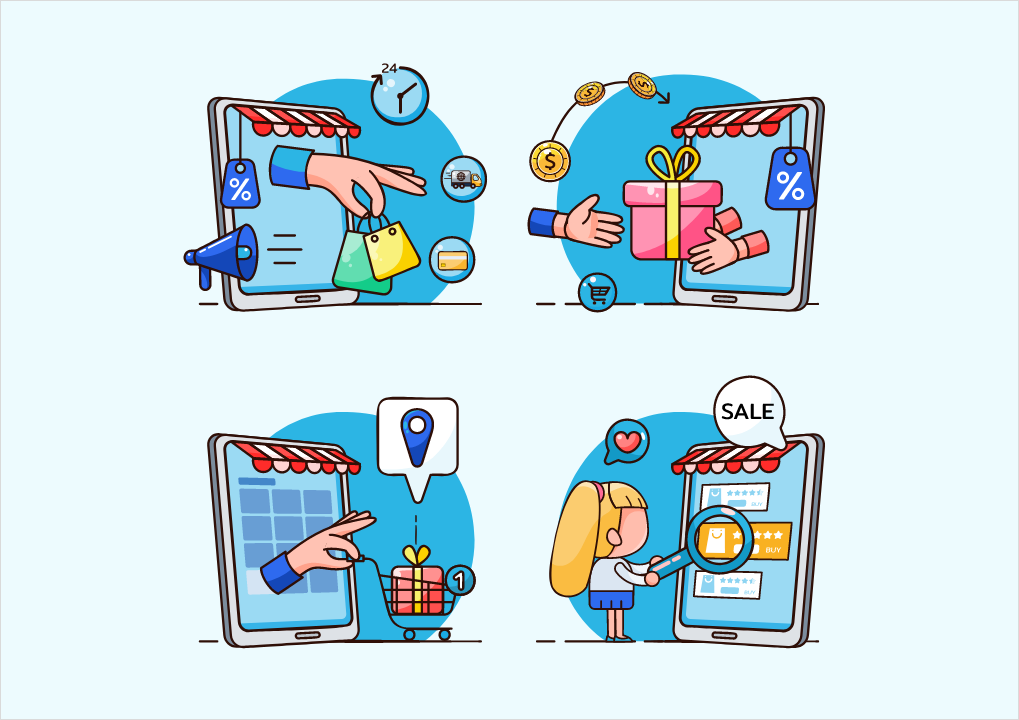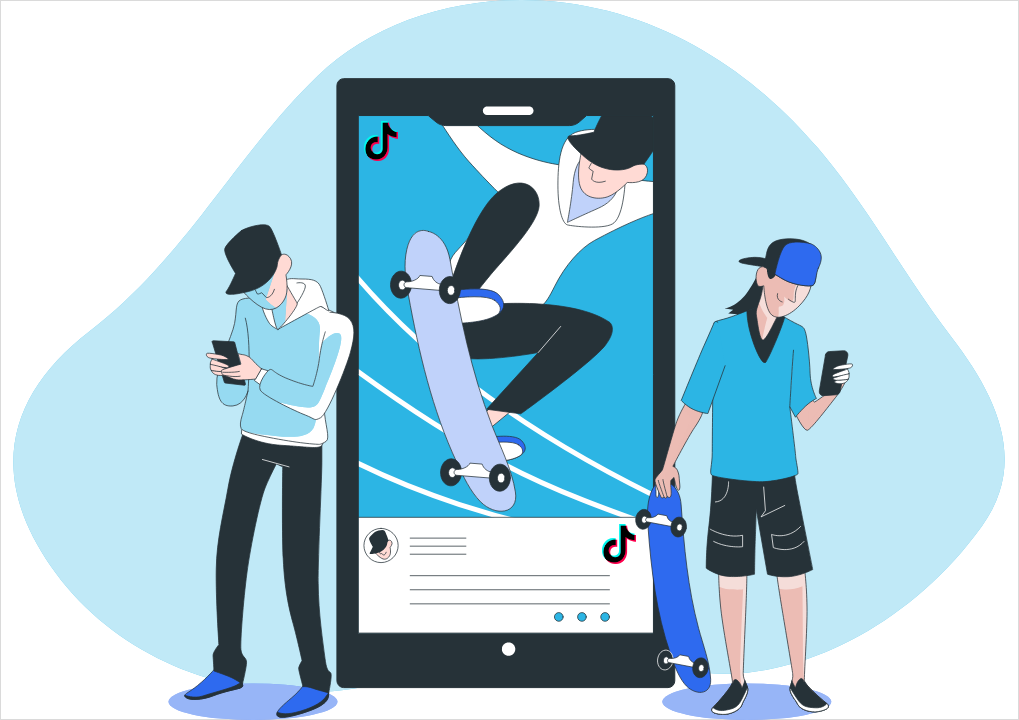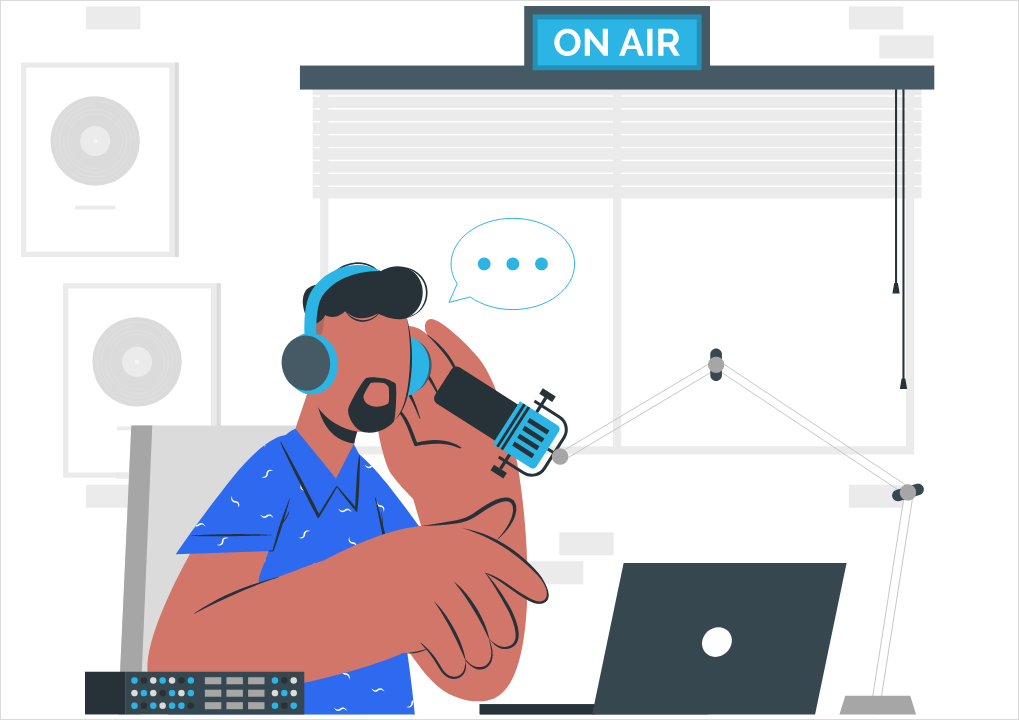For a while now, there’s been some controversy towards how users’ info should be used, and the way users’ privacy should be handled. Even Google a couple of months ago released their Privacy Sandbox — followed by their very own (and very hardly criticized) Google’s FLOCs strategy. And the thing is, since we are all putting our efforts towards creating a future where users’ safety can never be jeopardized in order to improve ad revenue (or so we say), some things can just no longer be allowed… or can they?
According to an article published by Unite, researchers have now developed a method that literally allows publishers to target Facebook ads to just one person. Yes, just one single person. And even when we had previously seen ads that were a bit too personalized, this is probably something that until now had never happened.
In general, when publishers are looking for ways to target their ads to the right audiences, they tend to use Personal Identifiable Information (PII), that users have agreed to share with them, such as their phone numbers, their email addresses, or where they are geographically located so they can be demographically targeted. But researchers have found their way around these, and a way to target their ads solely based on users’ interests.
And how can that happen, if users never agreed to share theirs? Well, that’s an easy one: Facebook’s algorithms. Anything you do online will be tracked, forevermore. And those are not just conspiracy theories, those are facts. Ever wondered why after you listen to a specific artist or search for a specific topic, then Instagram’s discovery will show you all about that artist and that topic? Well, buddy, it has a name and that name is an algorithm.
Anything you interact with online, if you click on something, respond to something, ‘like’ something, or browse for something, is super valuable information to tech giants who’ll use that data to monetize it and target you for ads. And yes, this also helps make your online experience a much more personalized and enjoyable one, but it also prevents it from being a 100% private one. And this is what creates a livable environment for what we call nano-targeting, which basically states for, no matter if you explicitly state what you are interested in or not, as long as you are active online, you can’t run away from hyper-specific ad targeting.
According to the same article, the researchers ran a nano-targeted ad campaign and concluded that a user can be targeted by their interests with a 90% accuracy, and they also stated that that number can vary depending on how common their interests are (if we take the rarest interests, just 4 of them create a 90% probability of accuracy, while more common ones require 22 of them to reach the same number).
And not only did they find that this type of advertising was cheaper, but sometimes it was also free because Facebook will not charge a publisher for a campaign meant to reach just one individual. So what this means is that, even when Facebook goes on and on about their privacy initiatives (such as their block to international Facebook ads), they literally let you target one user based on every single click they’ve made online for free!!! And I can’t allow myself to think that this is just a “finger-slipping” kind of thing, because Facebook has proven itself to be much more obscure than they disclose to be way too many times.
In this super interesting article, they also explain the research methodology, which basically consisted of volunteers to be tracked and targeted for ads, that could also see how much revenue they were generating for Facebook in real-time. And they researched in 2017, right before Facebook made an update to go from 20 as a potential reach, to a minimum of 1000 — but that’s where our researchers found another loophole: Facebook does in fact let you target less than 1000, but the only difference is that you can’t actually see the size of the target audience obtained. However, the article also explained the following:
However, since the dataset was compiled, Facebook has added ‘Whole world’ as a potential catchment area for the campaign, which means that the researchers have proved their hypothesis under additional restrictions that no longer exist (they had instead to submit a filtered location target including the 50 countries where Facebook has the largest user presence, resulting in a potential audience of 1.5 billion users). (United.ai, October 2021)
So what this means is that the exact same research can not be conducted because the parameters are not the same anymore. However, what this shows is that, even when Facebook has been expressing how much they care about users online privacy and creating a safe experience for them, they pretty much only put out the fires as they appear, and even now you can still find the way to hyper-specific target audiences, and to invade people’s online activity. Leaving aside the fact that this poses the question of how many (and how dangerous) more fires can appear, and what if one day it’s too late to put it out? (Or to make sure everyone believes it’s put out)
So the bottom line here is pretty much just asking ourselves why the ad giants keep telling us the super private future is closer and closer to becoming a reality when all they do is keep pushing it far away, isn’t it?






